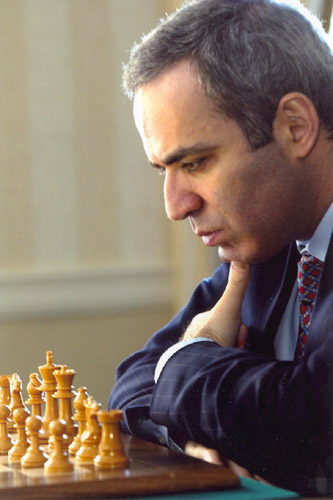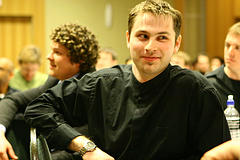Listen to an interview of me by Dr. Melanie Wilson on the subject of how to find and discover talent in your children. (By the way, if you are big podcast listener, you may like loading up your iPhone or Android with all her other homeschool interviews on her UltimateRadioShow)
I think the most important point I wanted to get across in that interview is that talent is NOT found by uncovering some already existing, full-blown hidden gem of a talent in your son or daughter. Rather it is understanding that there are many gifts, assets, and environmental advantages your child was born into and was given and that from pool of good things in his life, you can grow one of a number of possible talents. The operative word is “grow”, not “accidentally fall into talent” or “discovered as he was working the pizza bar.” As parents, you can judiciously and intelligently decide to encourage the development of some skills and experiences over and above other ones.
You heard me right: your 13 year old son is in fact not “cursed” with a talent of video game playing, nor is your 15 year old daughter doomed to be a “talented” weekend soccer player. Yet, we can easily slip into that belief mode and resign ourselves into feeding even more those “talents” in our children’s lives that we instinctively know are worthless to making a difference in their adult lives. You feel guilty that since he is not “gifted” to be born a doctor or an entrepreneur then the logic says that is doomed to be an average worker in his adult-life. I suspect that the guilty, over-nurturing parental response is to increase the subsidy of a an otherwise ephemeral talent for a few more years of care-free joy. You tell yourself that at least he will have good memories of his early years before being hit by the dreariness of grown-up responsibilities. It becomes a classic self-fulfilling prophecy.
However if you make a clear list of all those unique things you have going for you as a family, you will surprise yourself at how many great things can be combined together to start developing a real long-term talent that can carry your young person into adulthood. It will make sense to both your teenager and to you the parents. Real talent SHOULD make sense for the long run, it should have a purpose outside of being something for personal pleasure or private challenge. Real talent starts small, has a humble beginning, but does eventually grow into something spectacular.
Need help finding that small thing to get a talent started in your young person’s life? I have your e-course here on how to do it and I can coach you through step-by-step through the process.
(Shhh! don’t tell everyone, but I give you a strategy in the e-course on how you could actually rescue and re-purpose game playing and hobby skills into something becomes a real talent)


























